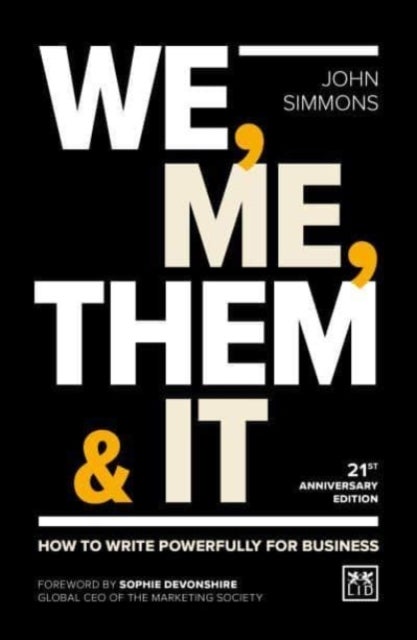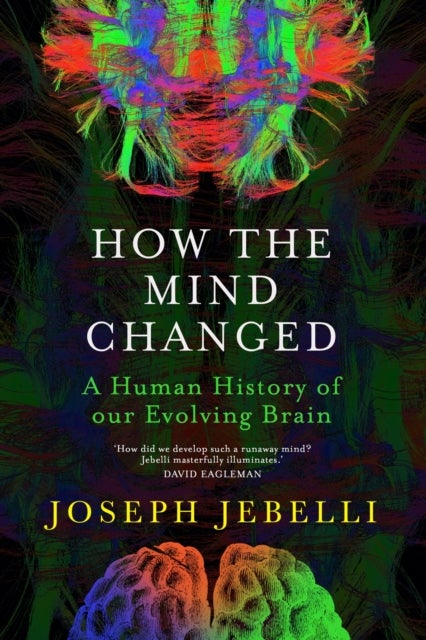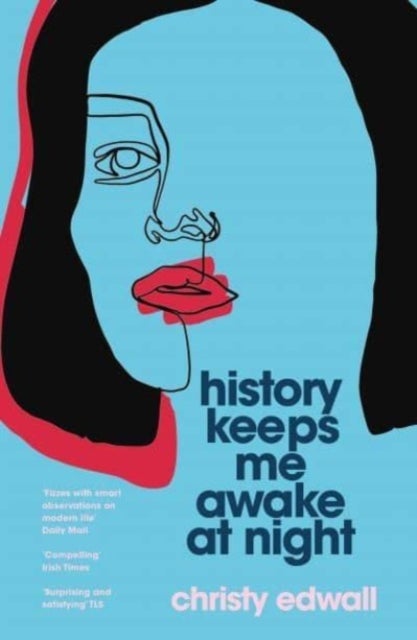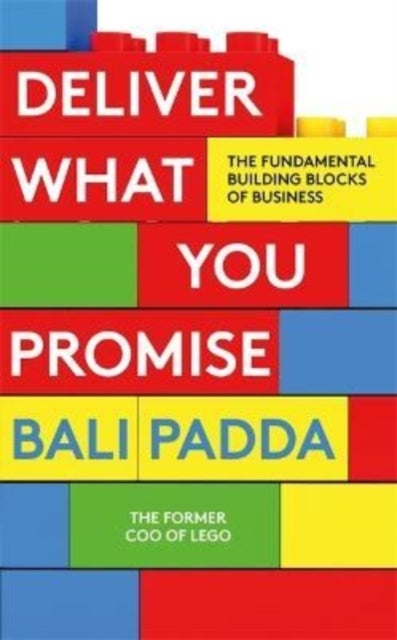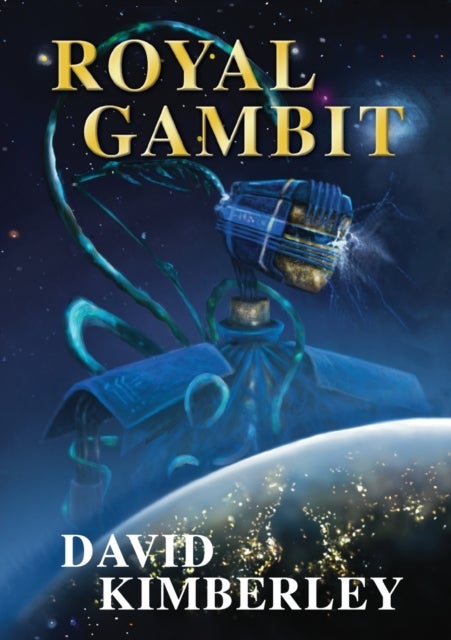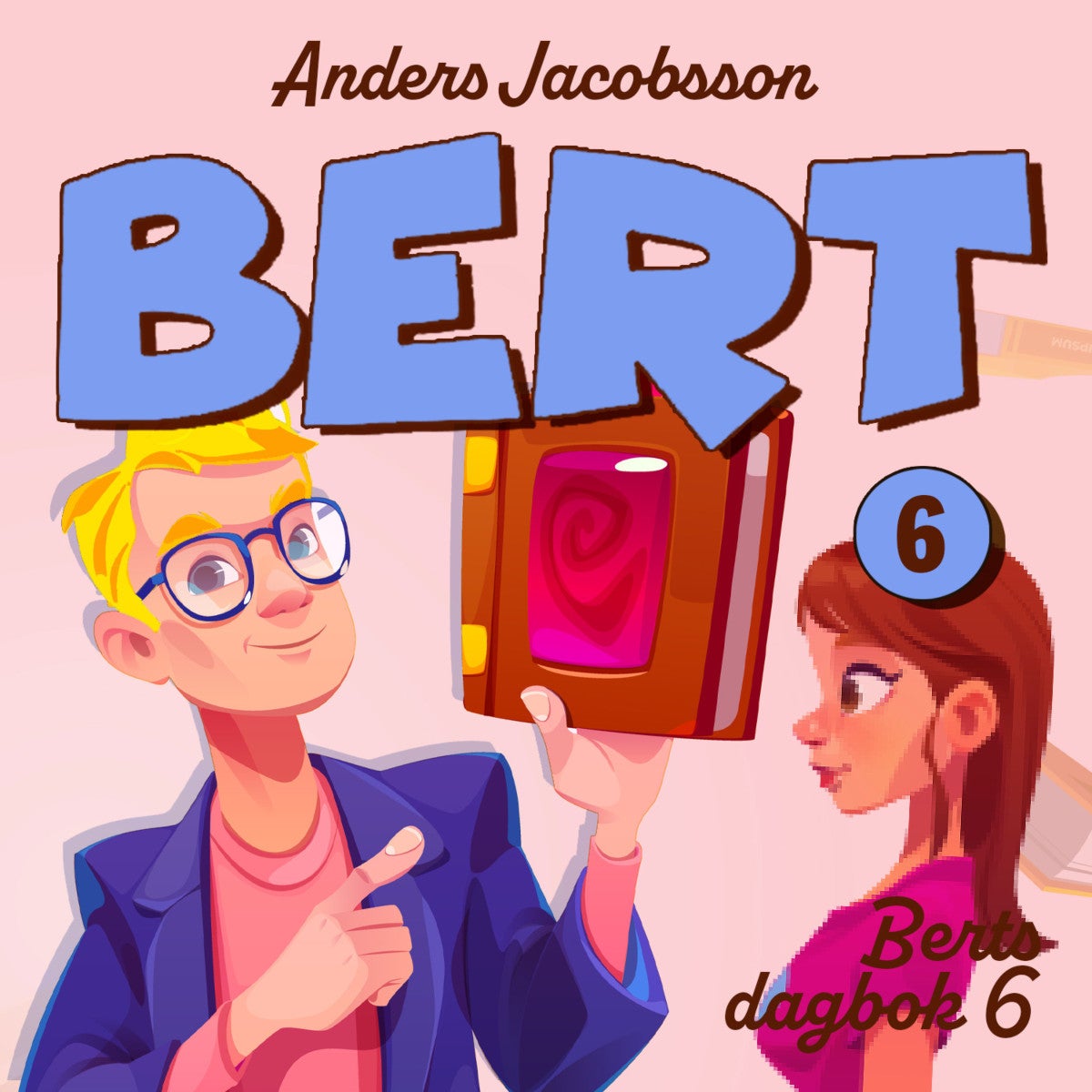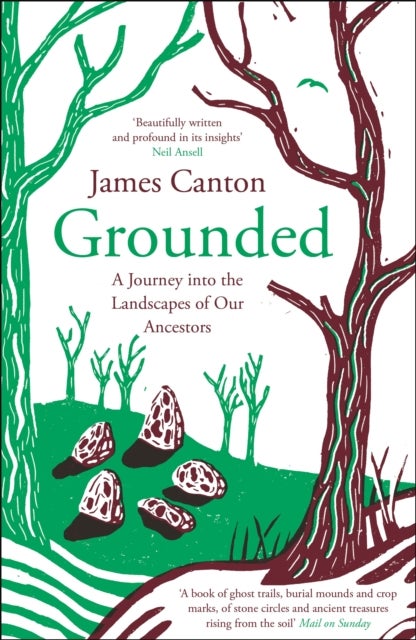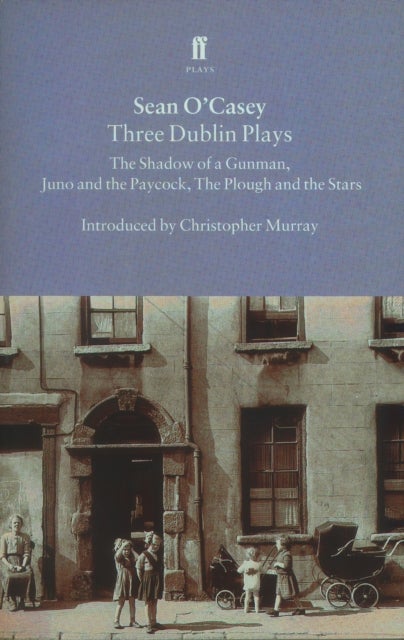
Three Dublin Plays av Sean O'Casey
199,-
<p>Three early plays by Sean O''Casey--arguably his three greatest--demonstrate vividly O''Casey''s ability to convey the reality of life and the depth of human emotion, specifically in Dublin before and during the Irish civil war of 1922-23, but, truly, throughout the known universe. <br><br>In mirroring the lives of the Dublin poor, from the tenement dwellers in <i>The Shadow of a Gunman</i> and <i>Juno and the Paycock</i> to the bricklayer, street vendor, and charwoman in <i>The Plough and the Stars</i>, Sean O''Casey conveys with urgency and eloquence the tiny details that create a total character as well as the terrors, large and small, that the constant threat of political violence inevitably brings. <br><br>As Seamus Heaney has written, "O''Casey''s characters are both down to earth and larger than life . . . His democratic genius was at one with his tragic understanding, and his recoil from tyranny and his compassion for the oppressed were an essential--as opposed to a moral an

